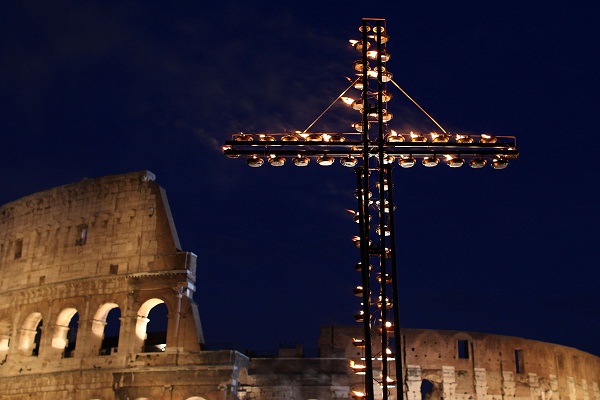I was on a date once in Atlanta, Georgia. We decided on the theatre and there was only one show playing, The Skin of Our Teeth by Thornton Wilder. After a night time drive under the arms of blue mossed oaks we made it to Emory University and took our seats and the curtain rose on a Victorian living room. Cautiously, with a canine playfulness, from out behind a sofa, tromped a dinosaur.
I kept thinking of this moment as I read Wilder’s first novel, The Cabala. Originally published in 1926 before he became a renowned playwright, Wilder attempted the same tricks here. He interjects Keats, Virgil, and even incarnate Mercury, into a contemporary 1920s narrative, in order to argue that the human condition has never improved, that culture is only a jacket that fits over a skeleton. The fashion may change but underneath we’re still the same.
The story follows Samuele, an American in 1920s Rome, eager to see behind the stone walls of decaying Palazzos and verify his undergraduate archaeological studies of the city’s ancient past.

Britain’s best politics newsletters
You get two free articles each week when you sign up to The Spectator’s emails.
Already a subscriber? Log in







Comments
Join the debate for just £1 a month
Be part of the conversation with other Spectator readers by getting your first three months for £3.
UNLOCK ACCESS Just £1 a monthAlready a subscriber? Log in